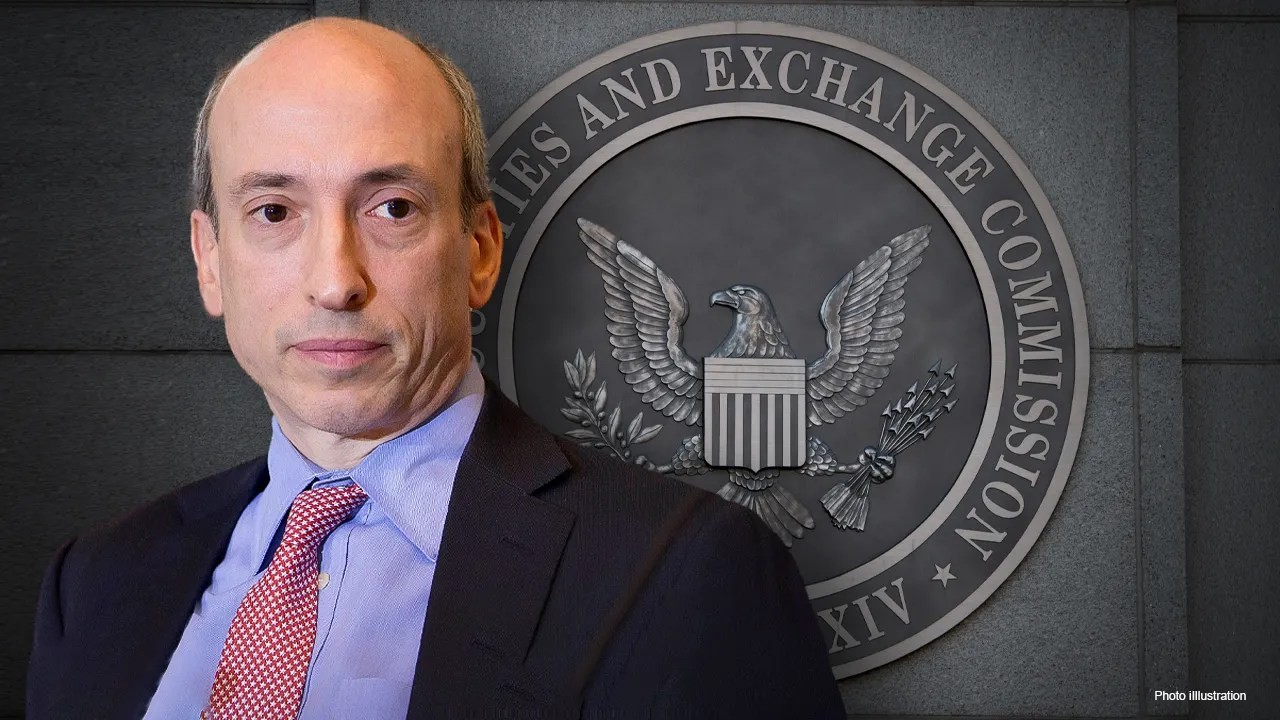
A coalition of 18 state attorneys general has filed a lawsuit against the Securities and Exchange Commission (SEC) and its commissioners, challenging what they describe as an unconstitutional overreach in regulating the $3 trillion cryptocurrency industry.
The lawsuit, filed in a Kentucky district court, is spearheaded by Kentucky Attorney General Russell Coleman and includes Republican attorneys general from states like Florida, Texas, Tennessee, and Nebraska. The legal action directly confronts SEC Chair Gary Gensler's aggressive regulatory approach toward crypto companies.
At the heart of the dispute is Gensler's position that most cryptocurrencies, except for Bitcoin and Ethereum, qualify as securities and fall under SEC oversight. This stance has led to numerous enforcement actions against major industry players including Coinbase, Kraken, and Ripple.
The state attorneys general argue that the SEC's broad interpretation of securities law exceeds its constitutional authority and violates principles of federalism. They contend that Congress intentionally avoided giving federal agencies sweeping control over digital assets, preferring state-led regulation.
"The SEC's regulatory overreach defies basic principles of federalism and separation of powers," the lawsuit states. The filing emphasizes that the agency's actions have forced crypto companies to operate in "regulatory limbo" without clear guidelines.
The timing of this legal challenge coincides with political shifts in Washington. President-elect Donald Trump, who received substantial support from crypto industry donors during his campaign, has pledged to end what he termed the "war on crypto."
In response to the lawsuit, Gensler defended the SEC's actions during a recent speech, stating that courts have consistently supported their enforcement efforts to protect investors, regardless of the form securities take.
The lawsuit's outcome could reshape the regulatory landscape for cryptocurrency in the United States, particularly as leadership changes at the SEC appear likely under the incoming administration. The case represents a pivotal moment in determining the balance between federal oversight and state authority in digital asset regulation.